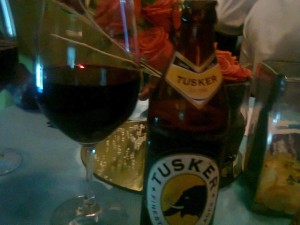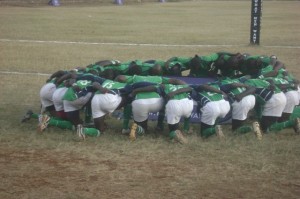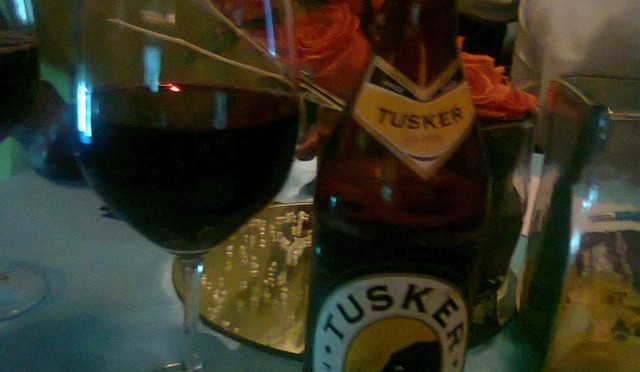Kenya’s alcoholic drinks control act is the talk of the country

The new law which restricts the sale of alcohol, bar opening and closing times, prescribes penalties on offering brewers, sellers, patrons etc. is temporarily on hold after an association of bar owners from Muranga in Central Kenya filed a court case to delay its implementation. But in a rejoinder, another group of leaders from Muranga County (see website) have come out and supported the bill via a full-page colour advert in the newspapers. They claim alcohol has ravaged the county leading to death, blindness, family break-ups, but most important the waste of able-bodied youth and men who would otherwise be engaged in productive agri-business (coffee, tea, milk, horticulture).
More on the positive side of the alcohol ban can be found in a separate newspaper article in the Saturday Nation which showed the dramatic effects the ban had on a small village in Gatanga (Central Kenya), and the scenes were probably mirrored in many other rural villages that have (previously) seen similar effects on alcohol abuse on productive population.
….although it is noon, the young folks are sober, a state locals say is a miracle. “By noon, half of them would be drunk,” says Mr Michael Muthee, 45, a carpenter. He should know: Although offering to pay Sh300 a day for a helping hand in his workshop, he found it hard to find a sober young man before the new alcohol laws came into force. And when he did, the fellow could not be counted on to return the next day, least of all, sober.
…Before the new laws came into effect, he says, much of the work on the coffee farms was left to women and children, The male folk would vanish in morning and stagger home in the evening.
So what’s in the bill being championed by the National Campaign Against Drug Abuse Authority (NACADA), but which a Member of Parliament John Mututho took most of the credit and now some blame for hurriedly pushing through?
– NACADA which operates under the Office of the President, and not from either Ministry of Health (why there are two Health Ministries and two education Ministries in Kenya is another story) sought to tackle the increased availability of outlets selling alcohol, and the marketing of it to (and use by) youth (under 18’s).
Enforcement: NACADA is meant to educate Kenyans on the dangers of alcoholism. But so far there has been little education (clause 69), and the agency which is to give statistics on alcohol which they collect state (at their website) that 15% of 15-64 years-old’s in Kenya take illicit brews.
– Changaa Legal: Kenya’s most popular illicit brew is going to be legalized (repeals changaa prohibition act (69). The Government is going to develop standards for changaa which is to be brewed and packaged in a manner similar to Uganda’s Waragi and Tanzania’s konyagi, and sold in glass bottles larger than 250ML.
Fund: There is now an alcoholic drinks control fund supported brewer, wholesale & retail licenses – and of money raised, not more than 15% will go to civil society groups and not more than 50% to the district alcohol committee (led by district commissioner)
– Being drunk in public can attract a fine of Kshs 500 ($6) or 3 months in jail (a mismatch? – @archermisahle says cops are asking 1,000 for people who stagger out of pubs)
– Restricts police harassment: Only senior police officers can conduct inspections, not the loitering patrol cops (25)
– Special Ones: There is some elitism at play, and places exempt from the Act (7) include national assembly (parliament), clubs (i.e. sports, social), military & institute canteens. A separate newspaper notice extended some exemption to hotels (tourists/guest) and restaurants (patrons who eat) but these are not spelt in the act.
Promotion Landscape Changes: Kenya’s popular music reality shows contest – Tusker Project Fame would be no more unless it can be rebranded as something else (Alvaro Project Fame perhaps?)
– Bottle top lotteries (check under your bottle cap & win) are banned (47) as no promotion can be run that encourage alcohol consumption

– Also while EABL’s Tusker brand has bailed on the world famous Safari Sevens rugby tournament (now known as the Safaricom Sevens), alcohol can’t be sold at the event which also features schools rugby competition (46) – will the organizers exclude schools and any spectators under 18 from the tournament?
